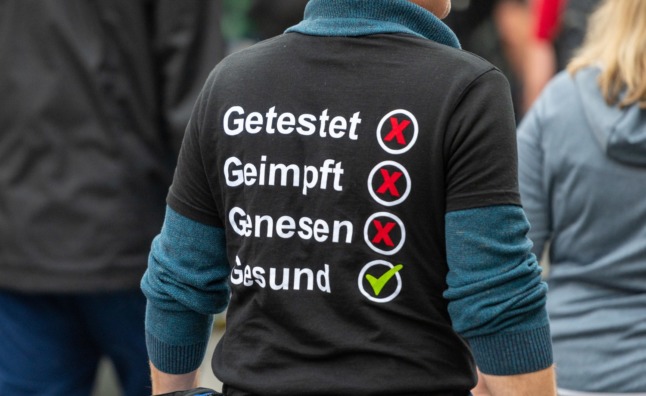Sweden has long been at the forefront of innovations in the digital age and it’s no secret that tech-savvy Swedes spend a lot of time online.
Indeed, the World Economic Forum’s 2012 Network Readiness Index ranks Sweden number one globally when it comes to taking advantage of information and communications technology.
And on Wednesday, Sweden’s Internet Infrastructure Foundation, also referred to as “.SE”, published its annual “Swedes and the internet” report, which offers in in-depth look at Swedes’ web-surfing habits.
RELATED PHOTO GALLERY: Seven surprising facts about Swedes and the internet
According to the author of the report, Olle Findahl, a professor in media and communications, the most surprising development has been the continued growth in the use of smartphones.
“There was strong growth last year, but it was even stronger this year, which I didn’t really think was possible,” he tells The Local.
“And the increase in smartphone use among young people has been especially strong.”
Indeed, this year’s report revealed that Swedes are getting online at an increasingly young age.
“We’ve seen the trend of a decreasing debut age for internet use for several years now, but you get shocked every year that it continues,” Janne Elvelid, project leader for the study, said in a statement.
If current trends continue, it’s possible that young Swedes will soon learn to surf before they learn to crawl, in no small part due to the accessibility of touchscreen devices like smartphones and tablet computers.
“You have parents today who have grown up with the internet and who carry these devices around. And touch screens really lower the threshold for what it takes to actually surf the web,” says Findahl.
However, there are also signs that more mature Swedes have made up their mind that the internet isn’t for them
“As with all new technologies, you reach a point where growth slows drastically or stagnates altogether,” Elvelid said.
“Sweden has reached that point. Many of those who don’t use the internet today have a complete lack of interest that appears difficult to change.”
But Findahl disagrees, arguing that the emergence of touch screens will eventually make internet use more palatable for older Swedes.
“If you don’t have to worry about a keyboard and mouse, that makes it much easier for elderly people who might otherwise lack the fine motor control to navigate the web,” he says.
The “Swedes and the internet 2012” report contains a range of fascinating facts from including data on how much time Swedes spend on Facebook to how many of them pay for online porn.
To find out more about the age at which Swedes first surf the web, how many Swedish teens have their own blog, or how often Swedes update their status on Facebook, check out the accompanying fact-packed photo gallery.
David Landes



 Please whitelist us to continue reading.
Please whitelist us to continue reading.
Member comments